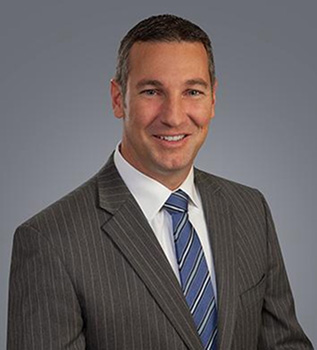Essential Considerations for Landlords Before Signing a Commercial Lease
Before signing a commercial lease in Tampa, a landlord should conduct due diligence on tenants, decide on the lease structure, and clearly define terms relating to rent, maintenance, permitted use, and default provisions. Taking these steps reduces risks, enhances profitability, and ensures compliance with applicable laws, including the Fair Credit Reporting Act.
